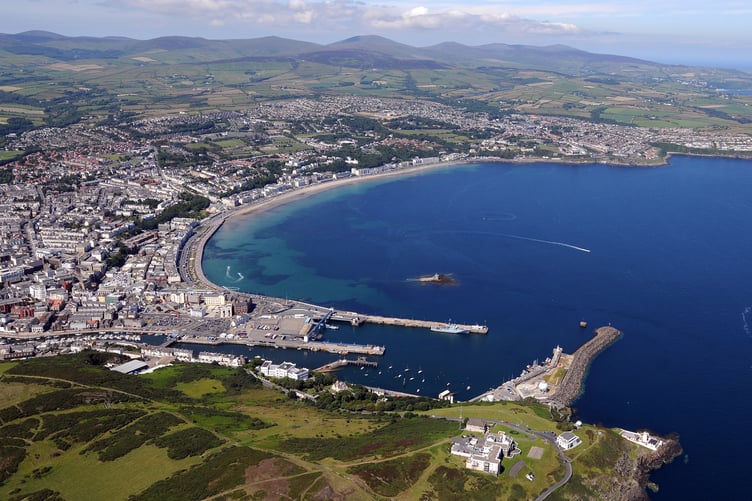A new survey has shown the distrust the Manx population has for its politicians with the vast majority not happy with the way the island is heading.
Island Global Research conducted a survey across the Isle of Man, Jersey and Gurnsey aimed at understanding people's attitudes on topical issues and the extent to which they trust different institutions, including government and other organisations delivering essential services.
The survey was conducted online with data collected between March 14 and 31. Just under 1,000 people from the Isle of Man responded.
While a small sample size, the response does paint a bleak picture for the island’s politicians.
When asked if they thought things in the island are currently heading in the right or wrong direction, a comprehensive 78% felt it was heading the wrong way while 61% felt they had no influence on decisions made.
On the question of whether they felt those elected represented their views, half felt they were not representing them very well and 36% not at all. Only 1% felt they were represented ‘very well’.
On a more positive note, 59% said they will vote at the next election – due to be held in September next year. A further 21% said they probably would vote.
The survey also found out what issues are the most important to Manx residents.
The survey report said: ‘Health care/hospitals is the key issue with 92% saying it is important and 42% chose health care/hospitals as the most important issue. A lack of faith in politics, politicians and government is also a key issue.’
Housing, the economy and education were also important issues but there was little interest in defence and foreign affairs. Interesting, the controversial issue of immigration did not rate very high on people’s priorities.
It is no surprise to see health top of the list of priorities. The issues over finding and the plight of Manx Care have been in the news a lot over the last year or so.
When asked what should be the priority over the next few years, hospital waiting lists were top with infrastructure e.g. roads, ports, broadband second. Affordable housing, cost of living and social care were also high on the list.
Despite the disgruntlement over the politicians there was a much more positive view of quality of life in the Isle of Man in general.
Out of a score of 10, the most popular response to the question about quality of life – zero being the worst and 10 the best – was an eight (27%) and then a seven (22%). Only 2% said they were living the worst possible life and also 2% for those living the best life.
In total, 67% of people felt life on the island was better than in the UK with 32% saying it was worse.
Such responses maybe dictated to by the age of those taking part. The majority were ‘baby boomers’ aged between 60-79 with only 5% from the Generation Z group (16-29).




-(1).jpeg?width=209&height=140&crop=209:145,smart&quality=75)